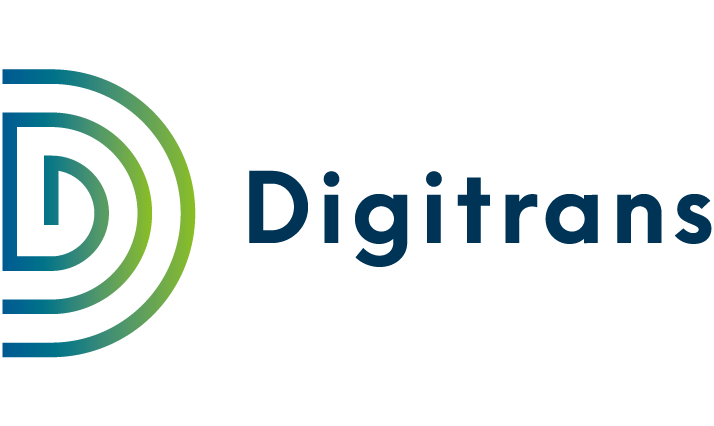Project RIAMO - rural communities Enabled for integrated automated mobility
Rural regions usually have very poor transport connections, which means that residents do not have the opportunity to travel by public transport and always have to resort to the car.
The “RIAMO” project is designed to help with this problem: It involves the implementation of an efficient, automated on-demand shuttle service as part of a grant project. Accordingly, it is intended to provide residents of rural areas with better access to the higher-ranking public transport network.
Survey for participating companies
Has your company invited you to take part in the Südpark trial?
Then please take 5 – 10 minutes to take part in the survey on the recently completed test operation in Südpark. Your feedback will help us to improve the booking system and ride optimization of the on-demand shuttle.
Test operation on public roads
Two real-life trials are planned in the project. The first took place from September 23 to November 22, 2024. The automated shuttle in Linz-Pichling served Pichling station, the Südpark business park and the solarCity streetcar stop.
The second real-life trial will start on April 1 and the automated on-demand shuttle will run in Asten/St. Florian until May 30, 2025. The demo operation will last around two months and will be carried out with the fully automated eVAN test vehicle. Due to the current legal situation, a safety driver will be behind the wheel to intervene in an emergency. An automated charging solution will also be used as part of the project.
To ensure that the vehicle is really used “on-demand”, passengers can register their requirements via a booking platform and order the shuttle to the desired stop. This means that only those stops are served where someone is actually present. This avoids empty runs and reduces the travel time for passengers. Riding in the automated shuttle is free of charge for participants.
Project content
As part of the project, a mobility concept for the use of regional automated shuttles will be developed based on a requirements analysis, which will then be demonstrated in real-life operation. Various stops in the municipalities will be defined and the automated vehicle will travel to the desired stop on demand via the app. As a result, only those stops will be visited where someone is actually present. This avoids empty runs and reduces the travel time for passengers. Finally, a roadmap and a concept for a nationwide roll-out are to be drawn up.
Two real-life trials are currently planned in the project. One of these is in Asten/St. Florian (Asten railroad station – St. Florian business development area) and is to be implemented in spring 2025.
The second real-life trial will take place in Pichling and is scheduled to start in fall 2024. The demo operation will last around two months and will be carried out with our fully automated test vehicle eVAN. An automated charging solution will also be used as part of the project.
Currently, two real-life trials are planned in the project. One of them is in Asten/St. Florian (train station Asten – business construction area St. Florian and is to be implemented in spring 2025.
Which municipality will be selected for the second real trial in the fall of 2024 is currently still open. The demo operation will last approximately two months and will be carried out with our fully automated test vehicle eVAN. In addition, an automated charging solution will be deployed in the course of the project.
The shuttle used - the Digitrans eVAN test vehicle
The Digitrans eVAN is a roadworthy test vehicle with e-drive for automated driving with localization and route planning. It was converted from an ordinary VW e-Crafter to a fully automated test vehicle. The eVAN offers space for six passengers.
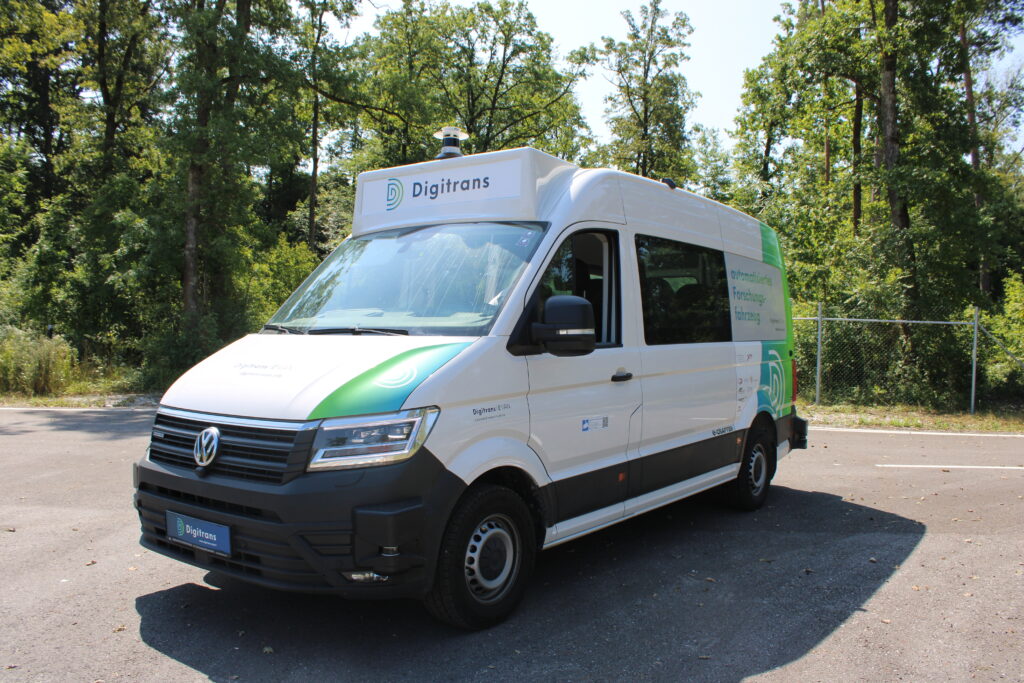
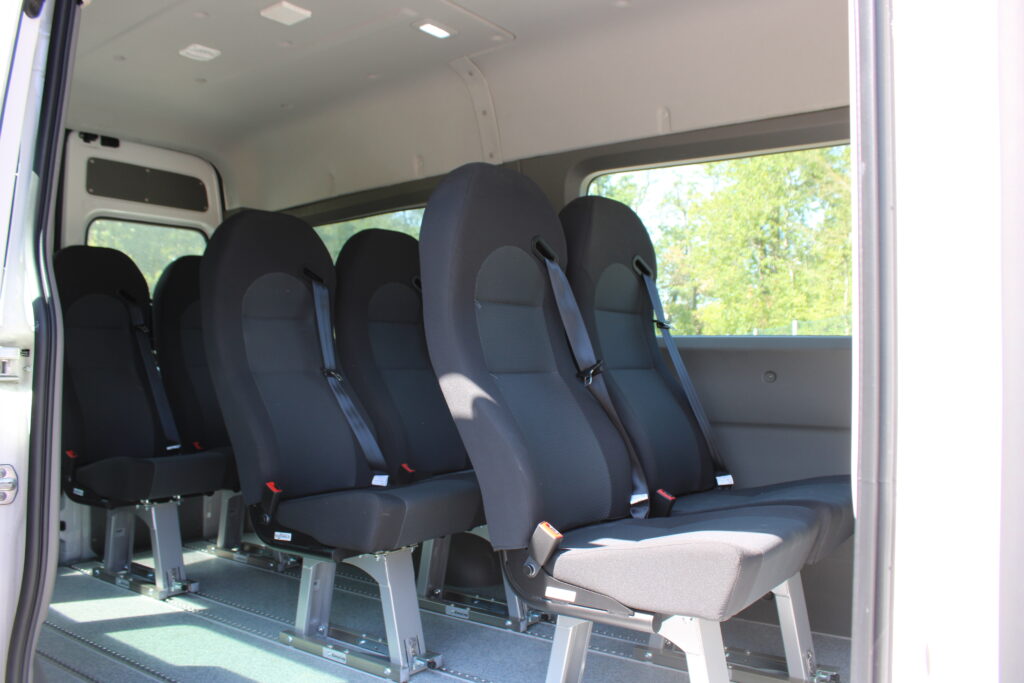
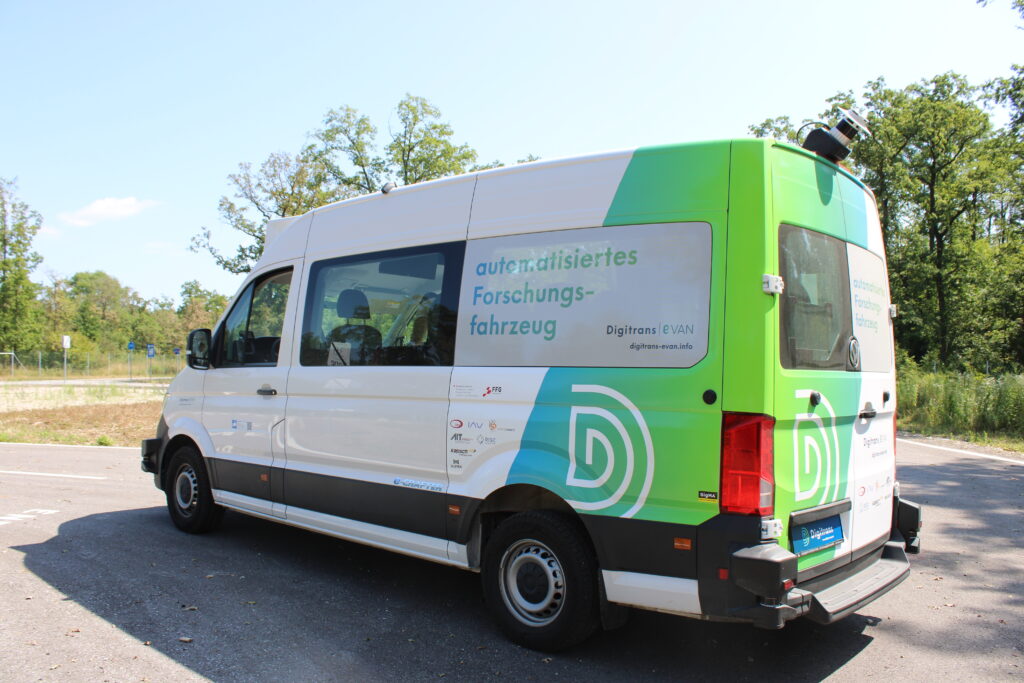
Advantages and benefits for participating companies
Why should companies participate in this project?
The project creates an additional service for the employees. This increases the motivation and satisfaction of the employees because they feel valued and supported.
Which company can claim that their employees are brought to and from work by an automated vehicle? The company can therefore rightly call itself a modern and innovative company and position itself as such.
Due to the improved connection, the number of individual car trips is reduced. In addition, the vehicle only drives when there is a real need, thus avoiding empty runs
This could also be interesting for you
Further Insights

Automated Freight Transport – EU Project AWARD H2020 – the first project year
Insights on the EU project AWARD (All Weather Autonomous Real logistics operations and Demonstrations) by Digitrans project manager Hannes Watzinger. Insights into an exciting and challenging project year in the field of automated freight transport.
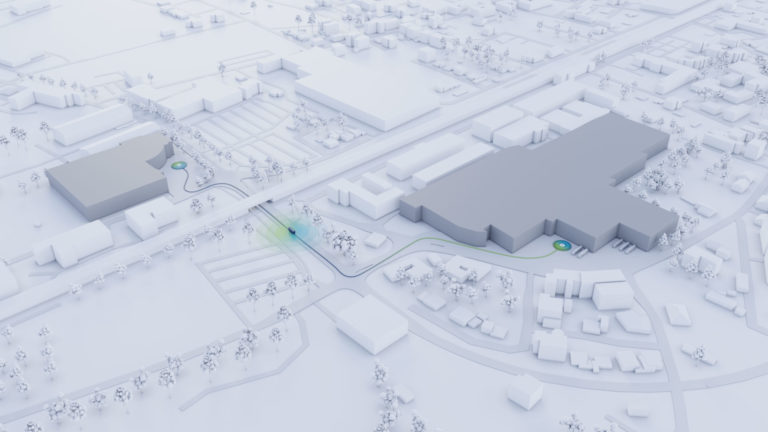
Hub-to-hub transport with autonomous transport systems
In a practical use case, research is being conducted in Upper Austria with the two project partners BRP Rotax and the freight forwarder Schenker on a public transport section with an autonomous transport vehicle to find a hub-to-hub logistics application suitable for everyday use and independent of weather conditions.
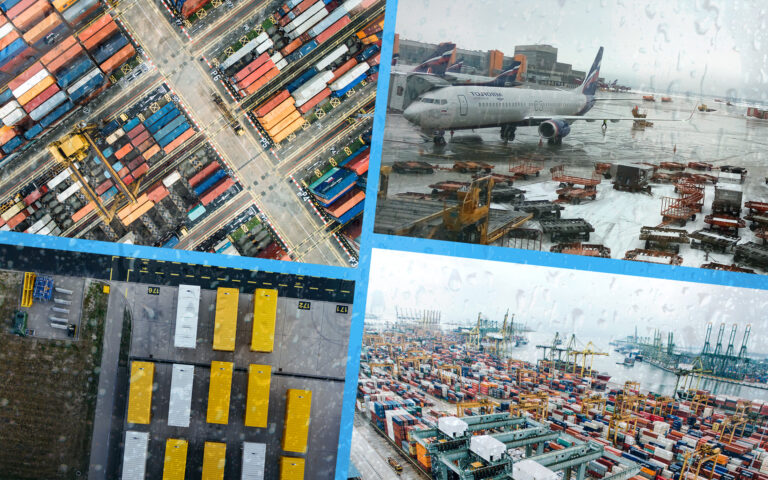
EU Project AWARD H2020 – Challenges in automated freight transport
On the way to automated freight transport – Insights on the AWARD H2020 project. Digitrans project manager Hannes Watzinger provides insights into the three most important challenges during deployment.
